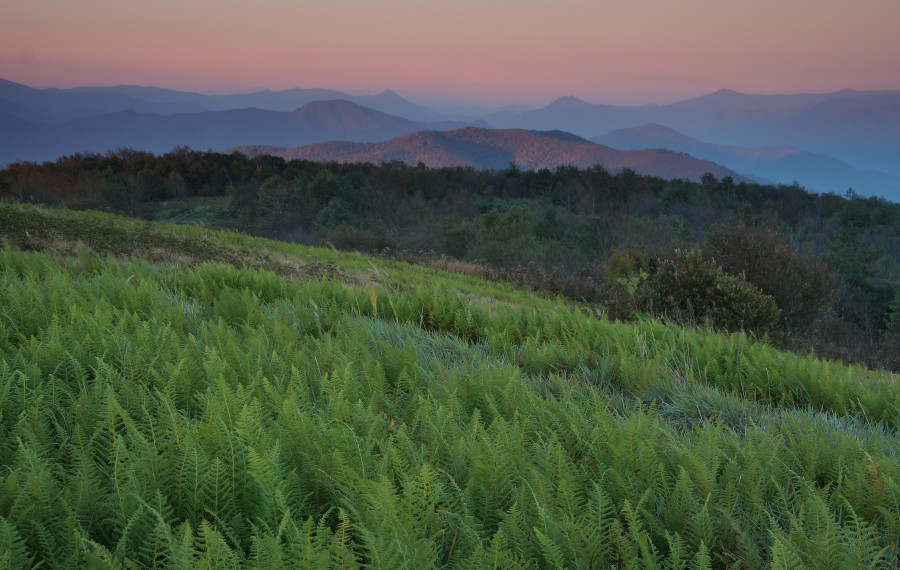
The Land and Water Conservation Fund (LWCF), a popular and successful conservation funding program managed by the federal government, expired today. Congress failed to reauthorize the broadly-supported program, which for the past 50 years has provided a reliable source of funding to purchase lands important for outdoor recreation and habitat conservation. Despite the expiration, LWCF advocates will continue to push for Congress to renew the program.
President Lyndon Johnson signed the LWCF into law in 1964, creating a fund that would take royalties from oil and gas drilling and put those dollars into land acquisition for recreation and conservation. The fund cost taxpayers nothing. The oil and gas drilling continues, but the royalties that once purchased land for parks, playgrounds, and river access now goes into the general treasury.
“This is a sad day for everyone who cares about our National Parks and outdoor conservation, recreation and wildlife. Congress has broken an enduring promise to the American people,” said Alan Rowsome, Senior Director of Government Relations for Lands at the Wilderness Society. “Starting tomorrow, oil drilling will continue, but the American people won’t see a penny of the proceeds reinvested in outdoor conservation and recreation. This is a shameful and brazen assault on America’s greatest places.”
Many Conservation Alliance grantees used our funding to cover the staff time necessary to secure funding from the LWCF. Between 2007-2013, we made grants totaling $400,000 to 12 different organization that leveraged those funds to win $99 million in grants from the LWCF, multiplying our investment nearly 250 times. It will be difficult to replace this important source of conservation funding.
Though this is a dark day for conservation, the LWCF remains popular among a bipartisan coalition of Congressional representatives who vow to work to attach a reauthorization bill to a forthcoming must-pass bill, like the omnibus spending bill or a highway and transportation bill. The path forward is uncertain, but given the strong public support, and the bipartisan commitment from members of Congress, we have reason to hope that the LWCF will ultimately be reauthorized. Stay tuned for details on how you can get involved.
Meanwhile, here is a great piece about the LWCF expiration from High Country News.
And here’s a slide show of special places protected by LWCF, courtesy of Slate.


